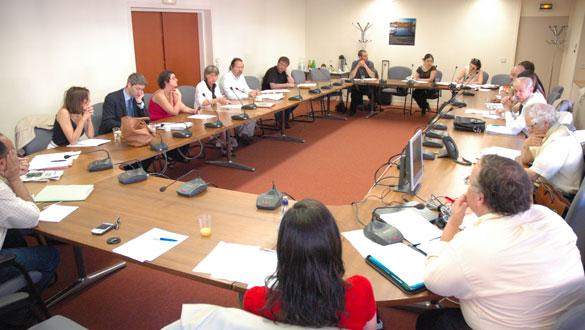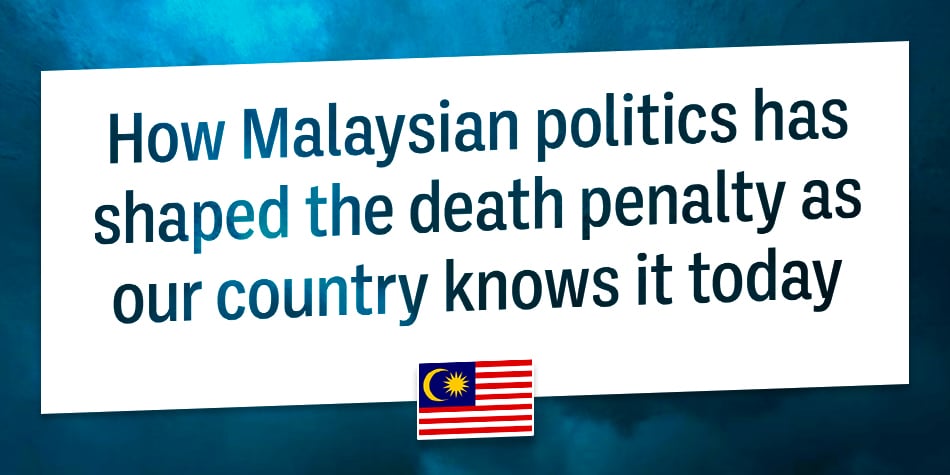Significant but fragile progress in the Great Lakes region
Africa
Rwanda, 17 January 2007: the Cabinet approved a draft law on abolition of the death penalty to be examined subsequently by Parliament. Burundi: Ms Françoise Ngendahayo, Burundi’s Minister for National Solidarity, Human Rights and Gender, stated during a visit to Paris in February 2007 that “the Government has already adopted the new Criminal Code, which supports abolition of the death penalty, in the Council of Ministers. It has been passed to Parliament which should adopt it soon.”
Congolese abolitionists should also be pleased: although the Democratic Republic of Congo sadly figured at the top of the execution league table in 1999, there have been positive developments in the country over the last few years. The death penalty continues to be applied, especially by military tribunals, but it is not mentioned in the text of the new Congolese Constitution. Thanks to the efforts of the Congolese Coalition Against the Death Penalty, abolition is starting to make itself felt in public debate and to be favourably received by civil society.
Who would have thought that these governments and populations would be ready to renounce capital punishment so soon after the region was shaken by crisis situations and brutal civil wars?
Creating a regional coalition
Considerable as they are, these improvements remain fragile and need to be reinforced. The region’s abolitionists who took part in the 3 rd World Congress Against the Death Penalty expressed their support for the creation of a Regional Coalition Against the Death Penalty. This coalition would support and consolidate the measures instituted. It would find a natural political ally in the International Conference on Peace, Security, Democracy and Development in the Great Lakes region, a framework established under the auspices of the African Union and the United Nations for consultation, cooperation and regional integration.
The creation of such a regional coalition is also encouraged by the development of international criminal judicature: following Rwanda’s example, international criminal jurisdictions could be introduced in Burundi and the DR Congo. Such jurisdictions, which rule out the death penalty, may not directly question the legality of capital punishment in national criminal systems, but they do inevitably examine the sense of a punishment which, in future, could be ruled out for the most serious crimes.
“Congolese civil society is on the move”
Listen to the interview with Lievin Ngondji, co-ordinator of the Congolese Coalition Against the Death Penalty and member of the World Coalition Against the Death Penalty (in French).







